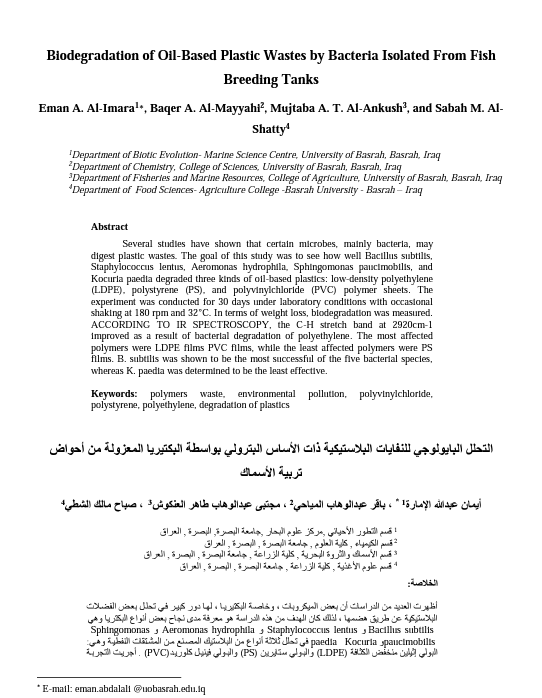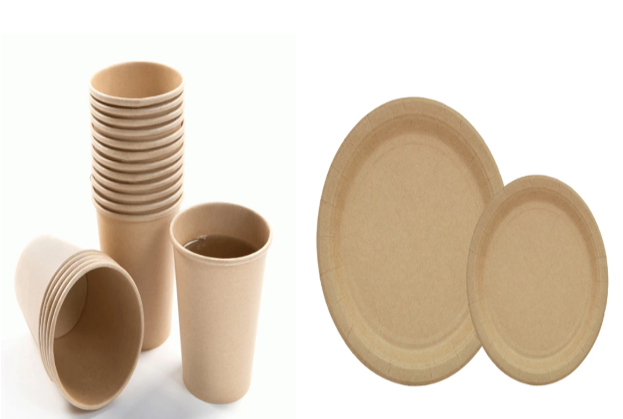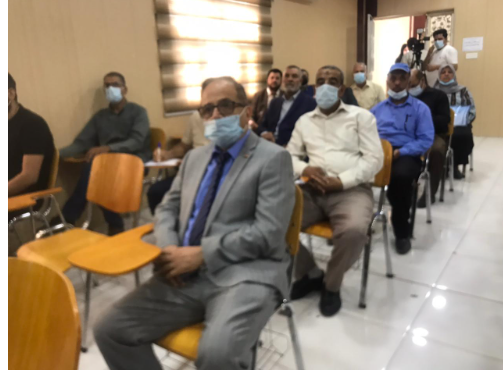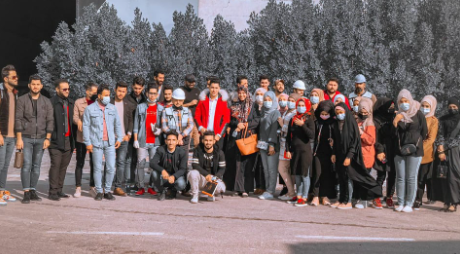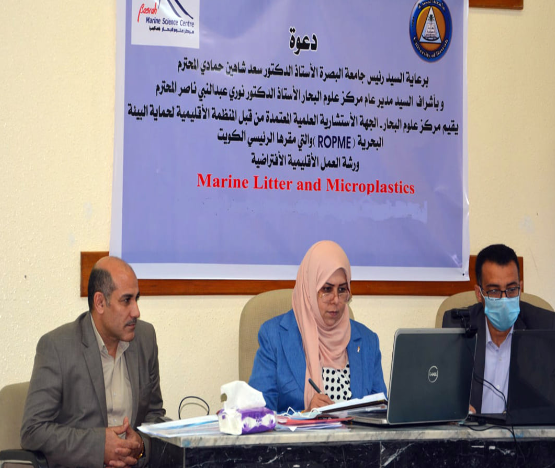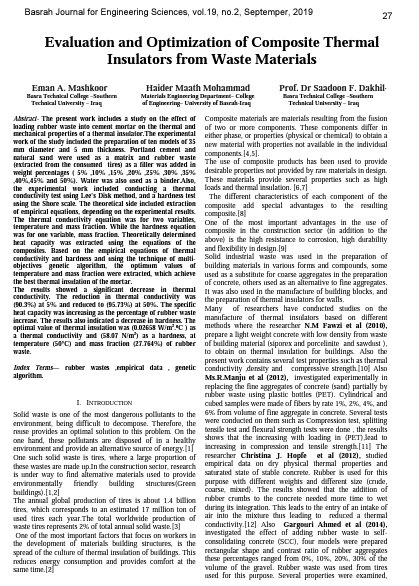![]()
Reducing plastic waste on campus
(Activities of 2022)
The Shat Al-Arab River, which is visible from the University of Basrah, has a stringent regulation about plastic garbage due to its negative effects on the marine and river habitats as well as its consequences on human health. The institution uses less plastic in its work and instead depends on ecologically friendly metals since plastic materials in freshwater or saltwater destroy aquatic animals as a result of their small particles fusing with fish food and other aquatic organisms. However, the University of Basrah disposes of plastic items away from the Shatt al-Arab river's coast in collaboration with the Basrah municipality. The University of Basra directs all its faculties to replace all disposable plastic products with environmentally friendly and biodegradable ones to reduce the damage resulting from the use of plastic materials, as well as launching awareness campaigns about the need to adhere to this to preserve the safety of the consumer and the surrounding environment.
scientific symposium
Under the patronage of the University's president Prof. Dr. Saad Shaheen Hammadi, together MSC dirctetr Prof. Dr. Nouri Abdul Nabi Nasser, the Center organized, in cooperation with the College of Marine Sciences at the University of Basrah, a scientific symposium on waste recycling in Basra between reality and ambition.
scientific trip
As part of the waste recycling course for students of natural marine sciences, the third level, for the academic year 2020-2021, a scientific trip was held for the Basrah Factory for Plastic Industries, which includes five production lines and a line for recycling plastic waste
workshop
The Marine Science Centre at the University of Basrah organized an international workshop on plastic waste pollution in seas, rivers and water sources in cooperation with the Southern Region Environmental Protection and Improvement Department, the Kuwait Regional Organization for the Protection of the Marine Environment (ROPME) and the Bahrain Maritime Emergency Assistance Centre (MEMAC). The workshop aims to introduce the harmful effects of plastic waste on life in the marine and river environment, as well as its impact on human health. The workshop dealt with the dangers of collecting plastic waste on the coasts and the coast and its damage to the ecological balance due to the lack of decomposition of plastic materials in the salty or fresh waters and the merging of its fine particles with the food of fish and other aquatic organisms. The workshop showed the extent of the economic damage caused by pollution to the growth of the tourism sector, fishing and navigation in the waters of the Shatt al-Arab and the Arabian Gulf.
